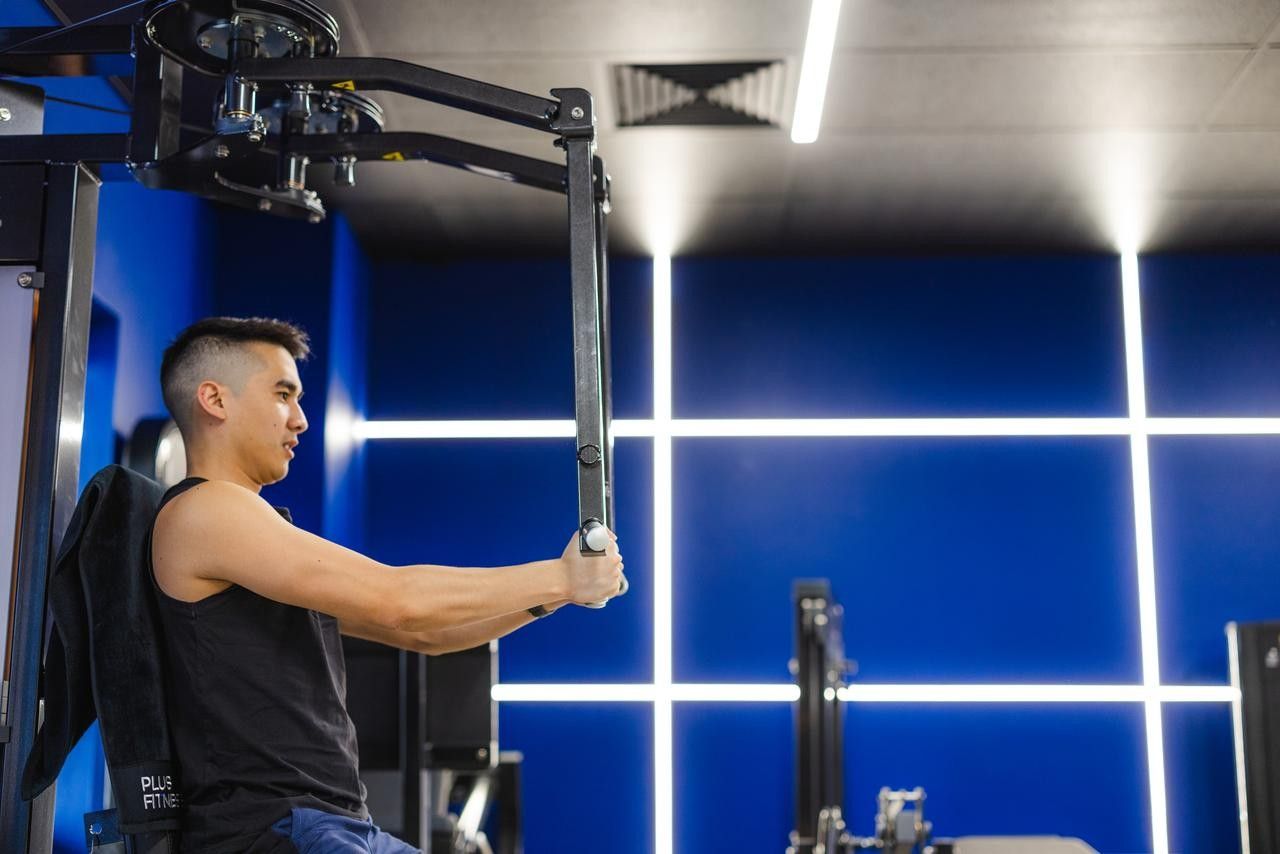Calorie Intake vs. Calorie Burnt
- Share on

If you've ever managed to lose weight, you've certainly heard about the significance of "calorie intake vs. calorie burnt." This concept is rooted on the notion that you will lose weight if you intake less calories than you actually burn. However, some individuals believe that when it comes to weight loss and long-term health, the type of food you eat is far more important than the number of calories it contains.
Despite all the build-up and difficulty, the weight-loss strategy is startlingly manageable. Weight loss is just a math problem: calorie intake minus calorie burnt.
The purpose of this blog by Plus Fitness is to see if the "calorie intake vs. calorie burnt" concept is truly important.
The "Calorie Intake, Calorie Burnt" Paradigm
The "calorie burnt" paradigm is based on the theory that in order to keep a constant weight, the number of calories you intake must match the number of calories you burn.
"Calorie intake" refers to the calories you consume from your meals, and "calorie burnt" refers to the calories you burn.
Calorie-burning processes are divided into three categories:
- Fundamental Metabolism: The majority of the calories you consume from food are used to maintain essential functions like your heartbeat. Your Basal Metabolic Rate (BMR) is the term used to represent this.
- Digestion: Digestion uses about 10 to 15% of the calories you consume. The Thermic Effect of Food (TEF) is altered by the foods you eat.
- Physical Activity: The calories left over from your meals are intended to fuel your physical activity, such as exercises and everyday duties like walking, reading and dishwashing.
Your weight will remain consistent if the number of calories you consume from food matches the number of calories you burn to maintain your metabolism and digestion.
As a result, the "calorie intake vs. calorie burnt" paradigm is correct. In order to lose weight, you must intake fewer calories than you burn.
Calorie Intake
When you've been dieting, going off the diet and then starting a new diet for a long time, calories start to have emotional consequences. We place so much emphasis on the small numbers on the nutrition labels of the foods we eat that we forget what a calorie is: a measurement of the energy contained in a portion of a certain food item.
The formula of calorie intake vs. calories burnt becomes a lot less stressful and a lot easier to balance when you remove yourself from the emotional and psychological meanings of calories and turn to the minimalism of thinking about them as energy measures.
Calorie Burnt
Calories burnt are on the flip side of the equation from calories intake. Your body burns calories just to keep you alive all day. That's correct; simply living burns calories. Your body burns calories without performing basic biological activities like breathing, pumping blood and digesting.
The average male (5'10" height, 80 kgs) burns 68 calories each hour "doing nothing," such as sitting and watching television, or 1600 calories per day. The average female (5'5 height, 60 kgs) burns approximately 59 calories every hour or roughly 1400 calories per day. You'll burn calories at a somewhat higher pace if you do more than sit still all day. You'll burn even more calories if you exercise. Your resting caloric rate, on the other hand, provides a baseline.
How to Lose Weight Using the Calorie Equation?
All you have to do to maintain your current weight is eat exactly as many calories as your body burns at rest. To lose weight, you'll need to raise your calorie burnt while keeping your caloric intake constant. Exercise is the simplest method to swing the scales in your favour. However, not everyone finds daily exercise simple to include into their routine. It can be difficult to find time to go to the gym or go for a run if you work in an office job that puts you at your desk all day or if you have a family that keeps you busy after work. A desk bike is an excellent option for people who struggle to find time to exercise.
To know more about weight loss in detail, stay tuned with Plus Fitness.
- Share on
Author
YOU MIGHT BE INTERESTED BY...
STAY INFORMED
Register for regular updates, blogs and Plus Fitness news


